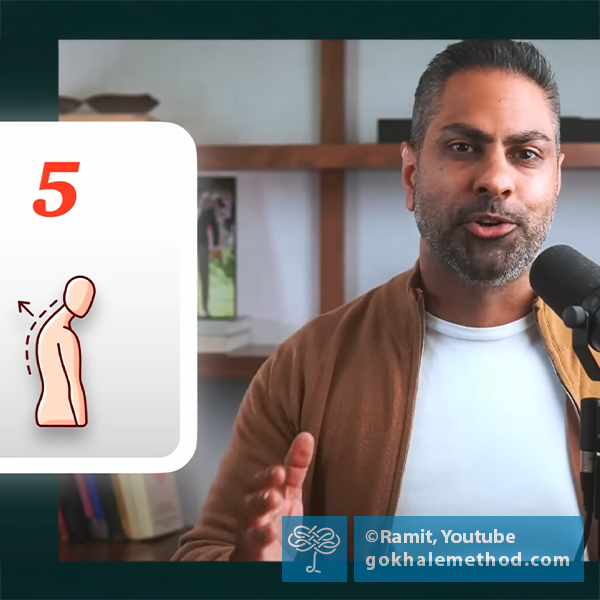Each generation brings fresh perspectives to the way they live their lives.
Positive Self-Talk for Positive Outcomes
We’re a month into the New Year—and that has me thinking about what helps us to keep going and succeed with our New Year's resolutions. Including our posture and exercise goals.
One thing that I have found works well for me, and for my students, is to choose my words carefully.
Choosing words with care
The words we use can be extremely powerful. They can shift your mindset from negative to positive. We may not even realize that we have disadvantaged ourselves with a mental framework of negative words and phrases until we gain a fresh perspective. These frameworks can go back so many years we have mistaken them for a permanent part of ourselves.
Some of our self-talk goes back to our childhood. Our parents of course do their best for us, but parenting in our culture is often an isolated, poorly supported, and arduous journey. Parents’ anxieties, prejudices, and even best intentions are often embedded in negative language and unwittingly passed on to us. Over the years I have seen how many students have internalized their parents' criticism. I encourage students to let this go. It’s a disservice to yourself.
Balanced Walking in Older Age
We assume in our culture that aging will necessarily be accompanied by a loss of height, increasingly stooped posture, loss of muscle strength, and a precarious inability to balance. But is this really the inevitable trajectory? Here we look at why this occurs and focus on how a healthy gait can help us maintain good balance throughout life, including into old age.
Walking sticks and poles help prevent falls but are poor compensation for loss
of natural stability and balance from the feet and buttocks. Unsplash
Falls can have fatal consequences for the elderly, potentially resulting in broken bones and a cascade of problems that can ensue from hospitalization, injury, surgery, and immobility.



